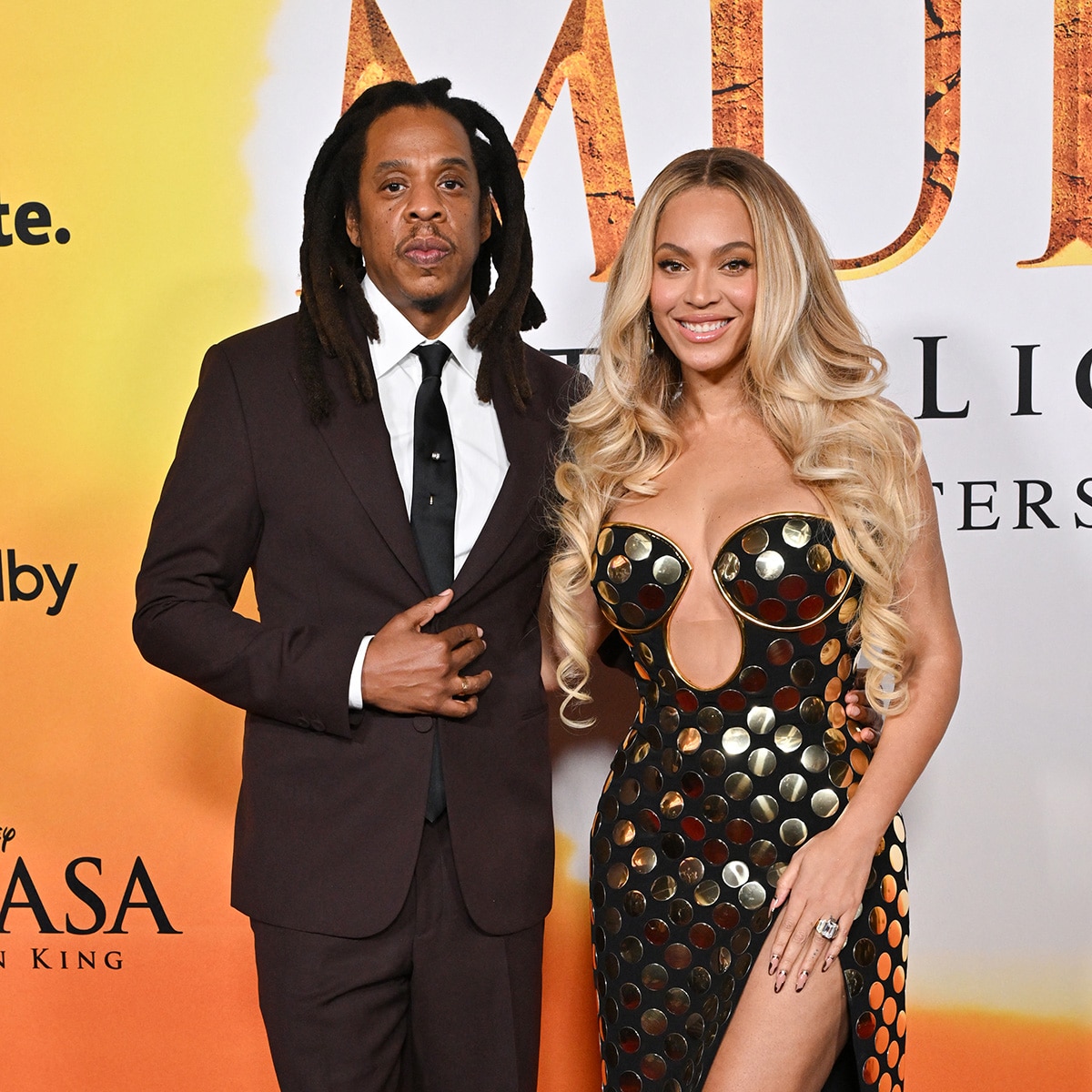
Jay-Z and Beyoncé like to party especially when it’s a milestone occasion.
Beyoncé and Jay-Z, known as The Carters, threw a glamorous party in New York City on September 27th to celebrate Hattie White, Jay-Z’s grandmother, turning 100 years old.
Although the formal event was a personal gathering for loved ones, Tina Knowles shared glimpses of the festivities with her fans. Highlights included a performance by Stevie Wonder and a notable guest list with stars like Megan Thee Stallion, her partner Klay Thompson, Nas, Chris Martin, and others.
Tina shared on Instagram, with a video of Stevie performing, that Stevie wished ‘Happy Birthday to Ms. Hattie White’. She explained that the mayor of Brooklyn officially proclaimed Sunday as Ms. Hattie White Day! The wonderful lady celebrated her 100th birthday surrounded by loved ones at a party befitting a queen!!!
She added, “Stevie Wonder, one of her favorite artists paid tribute to her with his own private concert!!!” “Stevie reminded us of the many hits that he’s made!!! We danced the night away Those Carters know how to party!!!!!!!!!”
In a separate post, the 71-year-old posted a video showing Stevie performing for the audience while they enjoyed dancing to the music.
Tina wrote, “What a wonderful person she is!” She also remembered a famous saying of hers: ‘life gave me lemons and I made lemonade!’ Tina added, “Jay, you really went above and beyond for your grandma, and she truly deserved everything you did for her!”
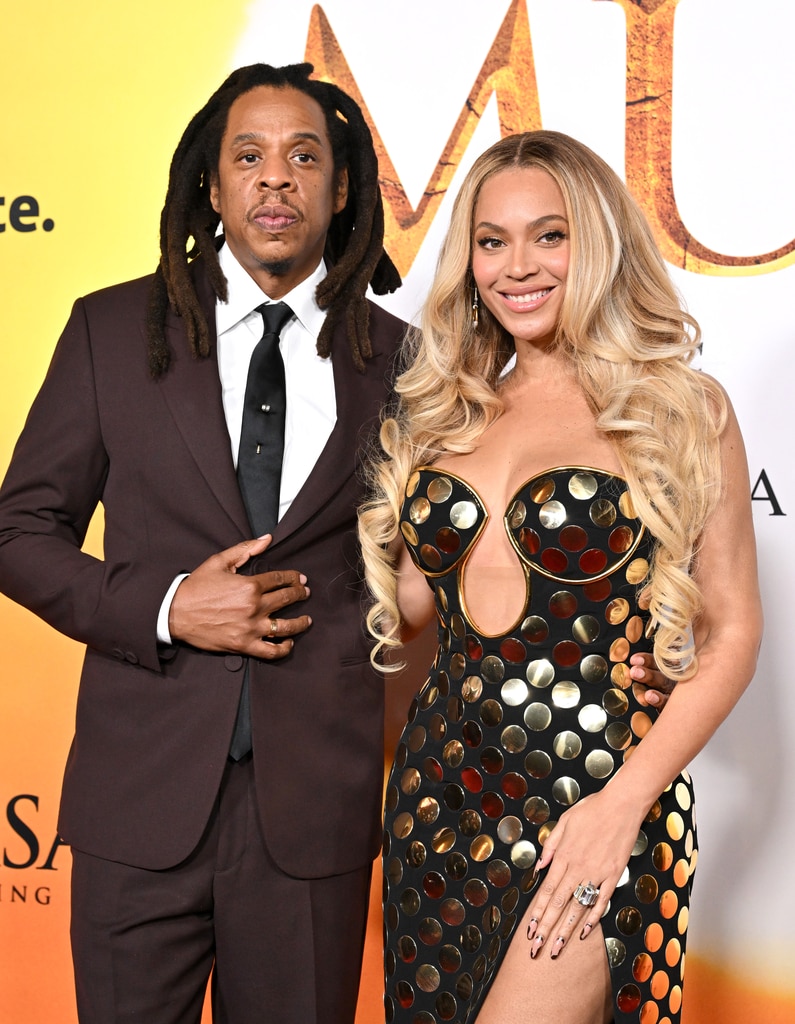
In a TikTok video from the party, 55-year-old Jay-Z held the microphone as his grandmother, wearing a blue dress suit, stood next to him and her large gold cake, speaking to her guests.
“I’m so grateful to everyone for being here to celebrate my 100th birthday,” said the Carter family matriarch to the gathered crowd. “May God bless all of you who have faced the same life journey as I have.”
Jay-Z has often shown his love and respect for his grandmother, both in his music and when speaking publicly. For example, the Grammy winner specifically honored his grandmother, Hattie, who was 93 years old at the time, when he received the NAACP President’s Award. Indeed, it was a heartfelt tribute.
Abraham Lincoln once said, ‘It’s not the years in your life that matter, but the life in your years,’ and Jay-Z quoted this during a 2019 ceremony. He continued, “She was incredibly full of life, and among many achievements-being strong and resilient-she raised seven children, starting with a humble beginning at 615 Lexington Avenue in Brooklyn. That’s where my life began.”
And as if that wasn’t enough, my mother became a grandmother, and all of us – the kids and grandkids – ended up growing up together in one big house. It was truly a single household, which created such a unique and close-knit family dynamic.
He spoke highly of his grandmother and mother, Gloria Carter, saying, “Knowing those strong women were in my life gave me the confidence to believe I could achieve anything. I want to dedicate this award to them.”
For more on Jay-Z’s life, family and career, keep reading…
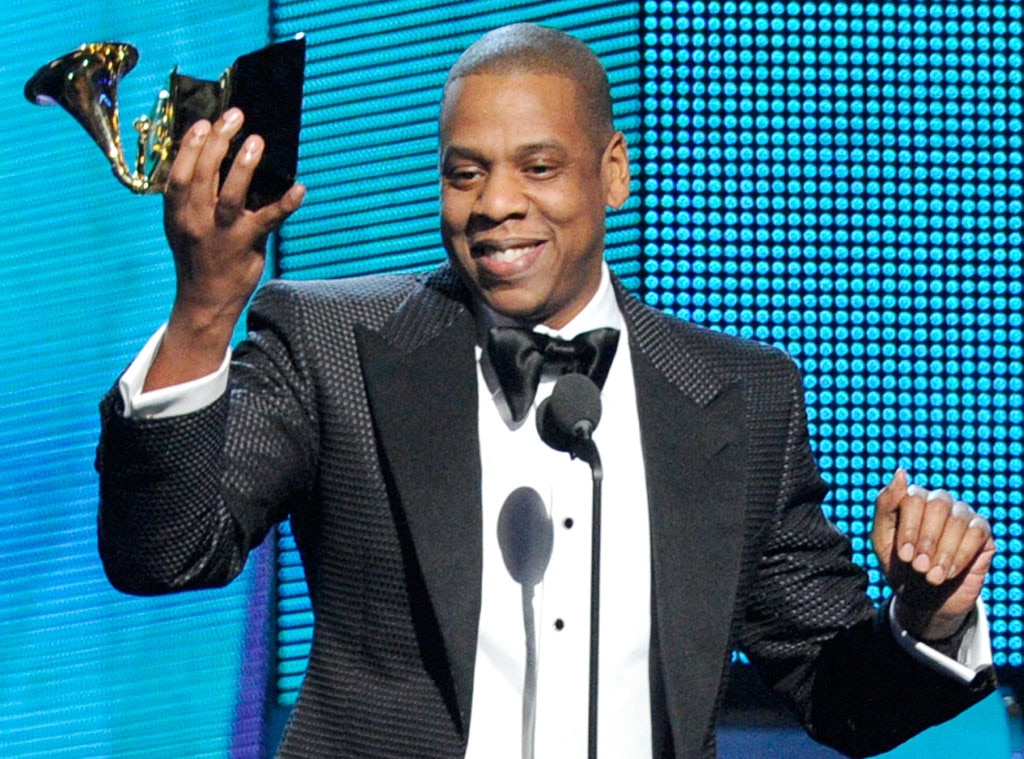
1. Shawn Corey Carter, better known as Jay-Z, was born and raised in Brooklyn, New York, specifically in the Marcy housing projects in the Bedford-Stuyvesant neighborhood.
2. He described his childhood as a challenging time, recalling in a 2010 interview on NPR’s Fresh Air, that it was a strange mix of normal childhood joys and sudden violence. He remembers playing in fire hydrants and enjoying the ice cream truck, but also witnessing shootings in broad daylight. He explained that life could change quickly, with a friend being celebrated one day and tragically lost the next.
3. Despite the hardships, he fondly remembers positive influences, particularly his parents’ extensive record collection. He shared that Michael Jackson, Stevie Wonder, and the sounds of Motown filled his home, shaping his early musical tastes.
4. He began experimenting with music around age 9, as he told British GQ in 2005. Like many kids interested in hip-hop, he was inspired by a local freestyler who could rap about anything, even silly things. He quickly discovered a natural talent, admitting it came easily at first and he didn’t fully appreciate it.
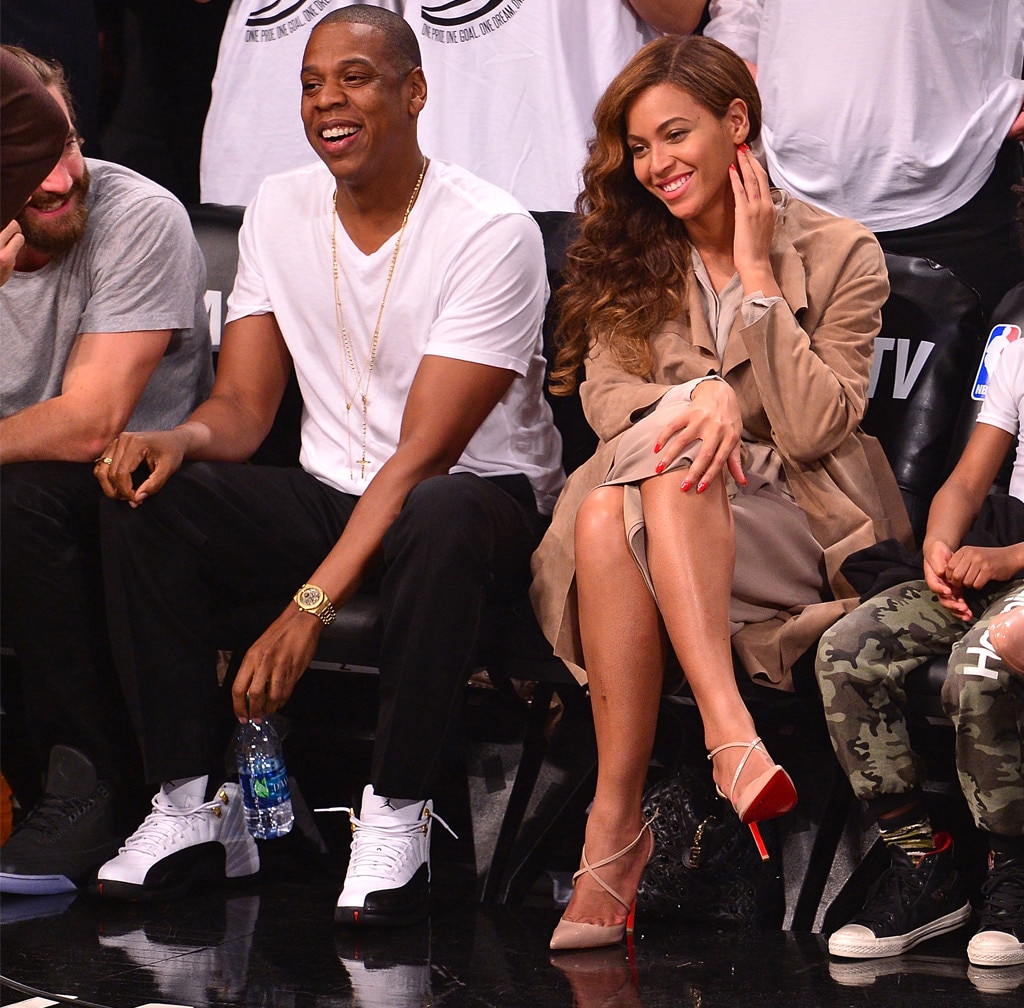
5. When Adnis Reeves, Jay’s father, left the family around the age of 10, his mother, Gloria Carter, was left to raise him along with his older siblings: brother Eric Carter and sisters Andrea Carter and Michelle Carter.
6. In a 2018 interview on his Netflix show, My Next Guest Needs No Introduction, Jay told David Letterman that he held a lot of anger towards his father for years. They eventually reconnected, encouraged by his mother.
7. The first time his mother arranged a meeting, his father didn’t show up. “I was ready to give up, but my mom insisted on another meeting, because she’s an incredible person,” Jay shared with Oprah Winfrey in 2009. At the second meeting, “He finally came. And I had a very honest conversation with him. I told him how I felt when he left. He tried to say things like ‘You knew where I was,’ but I told him, ‘I was just a kid! Don’t you realize how wrong you were? It was your job to be there for me.’ He eventually admitted he was wrong.”
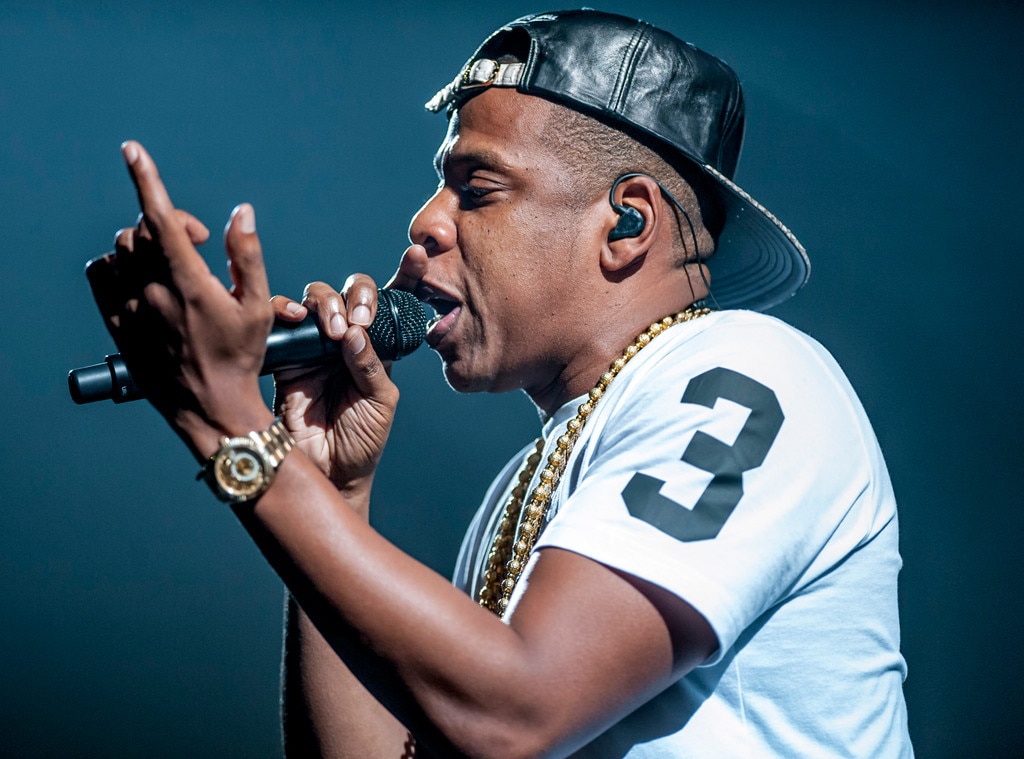
8. Thinking about what happened helped him begin to understand. He shared with Letterman, “His brother was killed in the public housing projects. People would call and tell him they’d seen the man who killed his brother. He’d get out of bed, leaving his children, and go after him with a gun. Eventually, their mother realized he had a family to consider. But she didn’t know how to express her love and fear of losing him too, so her concerns came across as a harsh demand… which damaged their relationship. After that, he was deeply hurt, and started using heroin, among other things.”
9. After they reconnected, Jay provided him with an apartment and furnished it, but he sadly passed away a few months later.
10. When he was 12 years old, he shot Eric in the shoulder during a fight, but they were able to work through it. He told GQ, “We managed to move past it. He overcame his addiction, and I learned from my mistakes. Now we’re a family.”
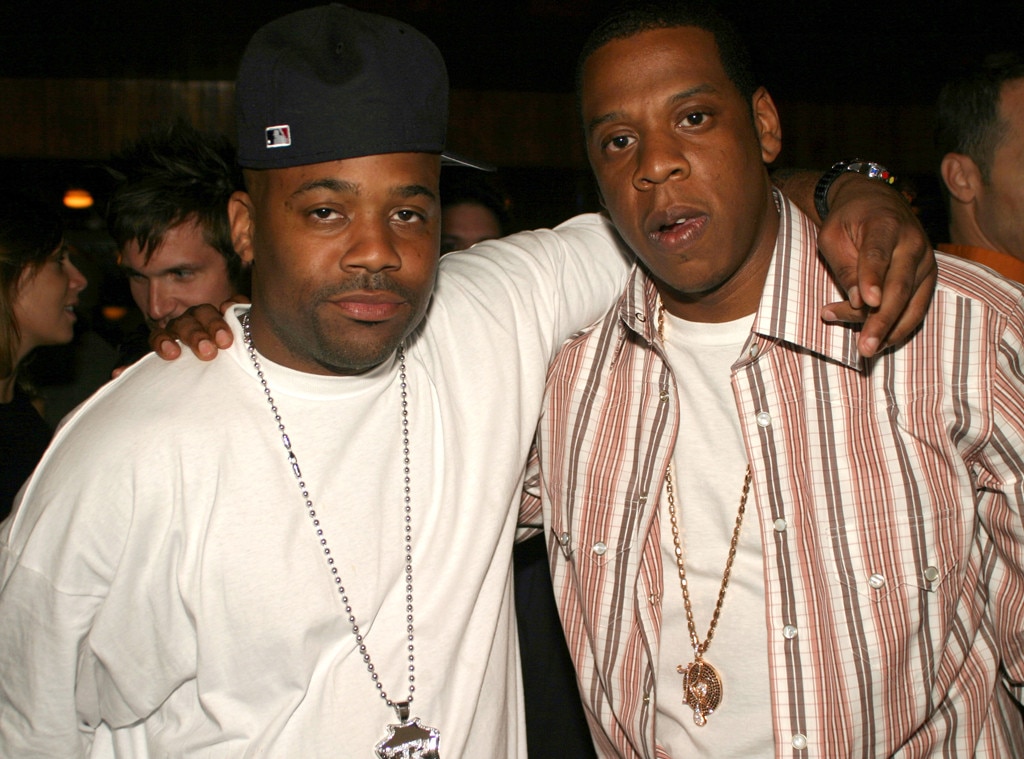
11. Crack cocaine was widespread in his neighborhood, and he was asked by a local store owner to sell drugs in Trenton, New Jersey, which was about 70 miles away. He told Letterman, “It was a dangerous situation – you either ended up in jail or you were killed.”
12. He almost faced jail time himself, but a trip to London to record with his former mentor Jaz-O changed things. He explained, “While I was gone, there was a secret arrest warrant, and they rounded up about 30 of my friends. One of my closest friends ended up in jail for 11 years.”
13. He also managed to avoid a much worse fate. He told GQ that he carried a gun, like many others, but “I never used it, not once.” He was shot at once from very close range: “A friend and I had a disagreement, and back then, disagreements often ended with someone being shot. Fortunately, I survived.”
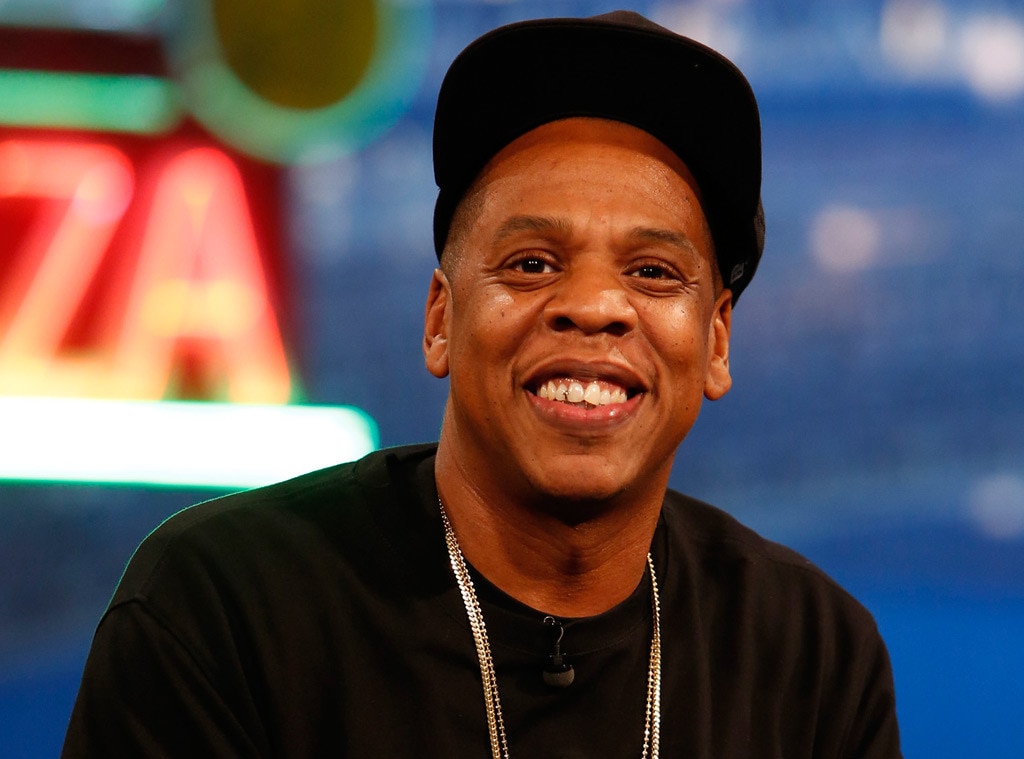
14. Back then, he told NPR, he was solely focused on getting by. “When you’re 14 or 15, your priorities are things like sneakers or finding some escape from the hurt you’re experiencing,” he explained. “You’re worried about bringing home food or covering the electricity bill. At that age, you’re not considering the harm you’re causing to your own neighborhood.”
15. Despite everything, he was still dreaming about the future, jotting down rhymes in a green notebook whenever he could. “I’d go to the corner store, the bodega, and grab a paper bag or buy a juice-anything just to have something to write on,” he continued. “I’d write the lyrics on the bag and keep them in my pocket until I got back home, then I’d copy them into the notebook.”
16. This process unexpectedly helped him develop his skills: “The further I got from home and my notebook, the more I had to memorize these rhymes-they got longer and longer and longer….By the time I was 26 and recording my first album, I didn’t need a pen or paper anymore-my memory had been trained to simply listen to a song, recall the lyrics, and record them.”
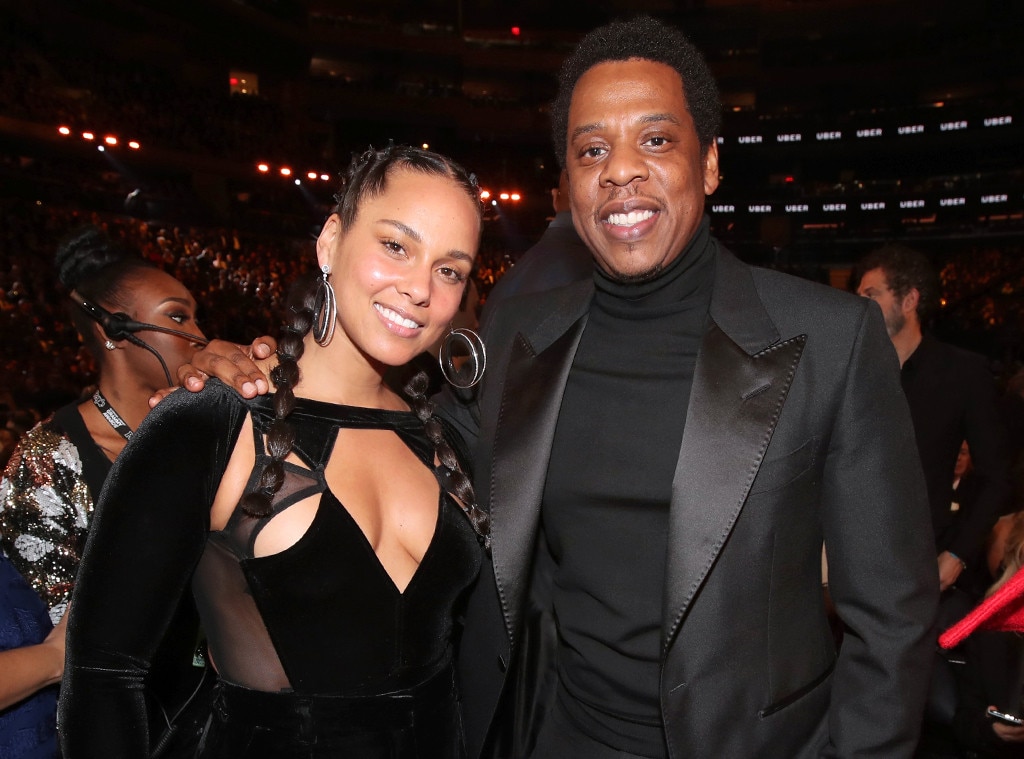
17. Even now, he prefers to memorize his lyrics rather than writing them down.
18. However, he doesn’t suggest this approach for everyone. “I’ve lost the equivalent of a few albums’ worth of good songs,” he confessed. “Think about how frustrating it is to forget a single word. Now imagine forgetting an entire rhyme. ‘Wait, what was it? I said I was the greatest… what?'”
19. His stage name came from several sources: the artist Jaz-O, with whom he worked on the 1990 song “The Originators”, his childhood nickname “Jazzy”, and the J/Z subway line near where he grew up.
20. He’s also changed how his name is written over time. Around 2010, he stopped using the hyphen, as he explained on the L.A. radio show Big Boy’s Neighborhood, stating, “It wasn’t necessary anymore. I even removed the umlauts above one of the letters.” But when 4:44 was released in 2017, he brought the hyphen back, and his representative confirmed he would be known as JAY-Z.

21. Besides other famous people, Busta Rhymes and The Notorious B.I.G. also attended his high school, George Westinghouse Career and Technical Education High School.
22. Jay Z revealed to Jimmy Kimmel in 2016 that he and Busta Rhymes even had a rap battle in the lunchroom.
Busta Rhymes hinted he’d like a second chance at a battle.
On Fuse’s Skee TV that same year, Busta explained, “I knew Jay Z was rhyming because me and Jay Z battled in school, doing speed rapping. He was really good at it then, and I was just starting out. Losing that battle to Jay actually made me the fast rapper I am today…Jay knows he can’t compete with me in a speed rapping battle now.”
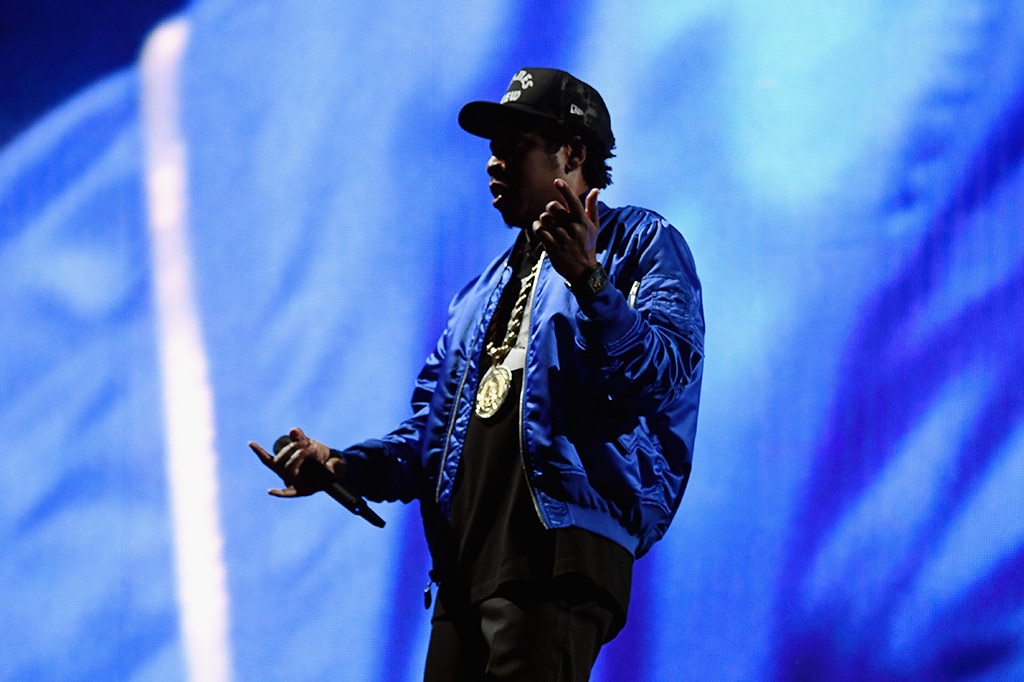
23. He’s naturally gifted with language. His sixth grade teacher Renee Rosenblum-Lowden told The Washington Post, “What I remember most about Shawn is that he scored at a 12th-grade level on a reading test, and he was only in sixth grade!”
24. He felt the same way about her. When talking to Letterman, the musician explained, “I had a sixth-grade teacher named Ms. Lowden, and I really enjoyed her class. I loved reading-even the dictionary-and I felt a strong connection with her. She took us to her house on a field trip, and she had ice in her refrigerator-which was unusual at the time. That made me think, ‘Maybe I want to be an English teacher.’
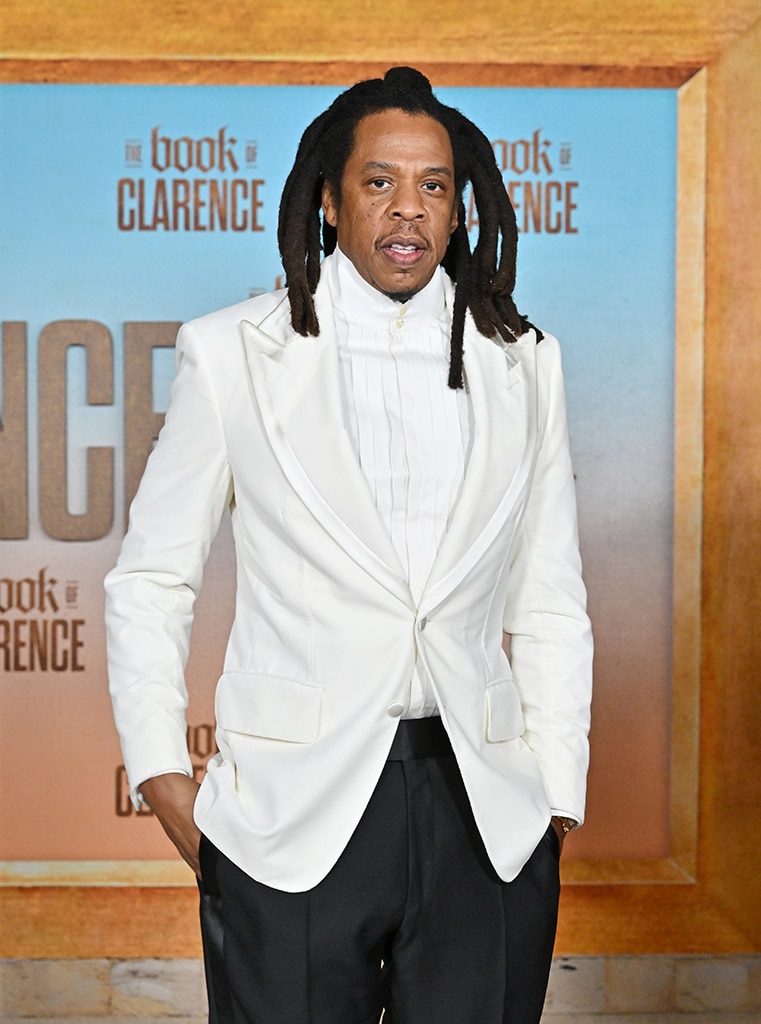
25. Besides the dictionary, he especially enjoys reading Homer‘s The Odyssey, Malcolm Gladwell‘s Outliers, Seth Godin‘s Purple Cow, and Gary Zukav‘s The Seat of the Soul, which he shared with Oprah.com was one of the two books he truly lives by.
26. When it comes to movies, he likes True Romance and The Godfather Part II. He described them as “Cliché, but really great” in a 2013 tweet.
27. He has excellent taste in general, and his art collection features Basquiat’s “Mecca”, possibly the piece he referred to as “Basquiat in my kitchen corner” in his 2013 song “Picasso Baby”.

28. He considers his debut album, Reasonable Doubt, his best work, explaining that it captured all his feelings and experiences from his first 26 years. He felt it took him a lifetime to create.
29. Achieving his first major hit, “Hard Knock Life (Ghetto Anthem)” in 1998, involved some creative storytelling.
After being denied permission to sample the song from Annie, he fabricated a story for his 2011 memoir, Decoded, claiming that in seventh grade, an essay contest in Bed-Stuy awarded the winners a trip to see the musical. “A lie,” he admitted, “I wrote that as kids in Brooklyn we hardly ever came into the city. True. I wrote that from the moment the curtain came up I felt like I understood honey’s story. Of course, I’d never been to see Annie on Broadway. But I had seen the movie on TV.” He explained that the story worked, the sample was cleared, and the song became one of his biggest successes.
30. The song’s connection to his life was genuine. He shared that when the televised version of Annie originally aired, “I was drawn to it. It was the struggle of this poor kid in this environment and how her life changed…It immediately resonated.”
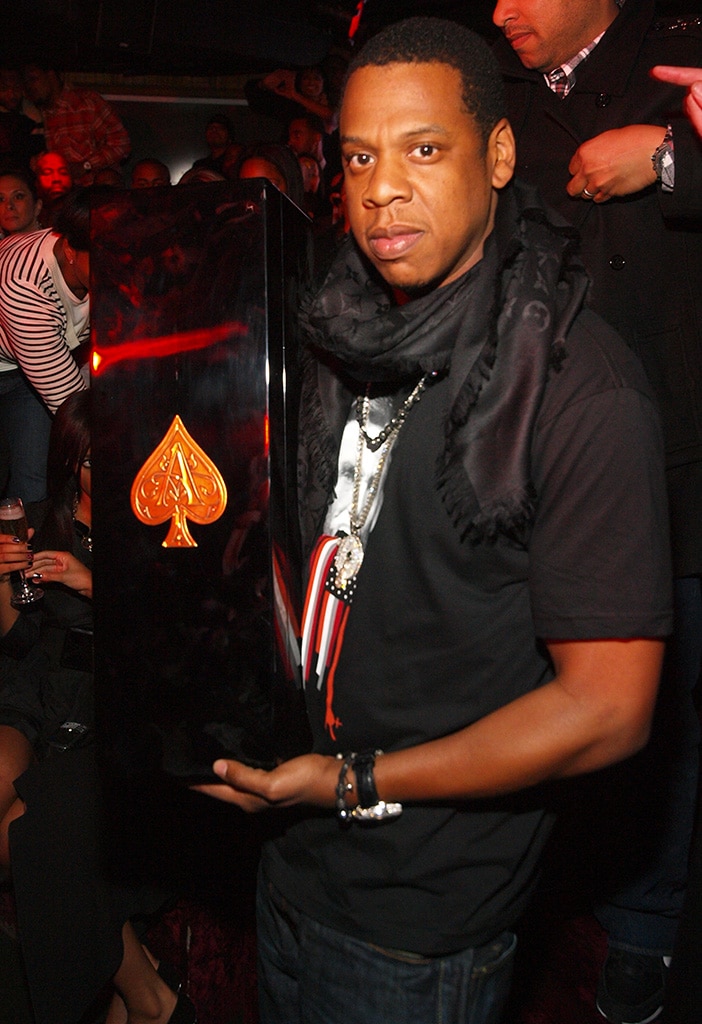
31. He cleverly convinced his mother to contribute her voice to the track “December 4th” from his 2003 album The Black Album. As he explained in Decoded, “I told her to meet me at the studio, saying we were going to lunch.” She arrived, and he simply played the track, asking her to speak on it. He knew that if he’d told her beforehand [she was going to be on the song], she would have become anxious. [She asked], ‘What should I say?’ and the rest is well-known.
32. In 2003, he announced his (eventual) retirement with a concert at Madison Square Garden. The show featured performances by the Roots, Missy Elliott, Mary J. Blige, Beyoncé and Pharrell Williams. All money raised from the event was donated to charity.
33. His career then shifted with the sale of Roc-A-Fella Records and his subsequent appointment as president of Def Jam Records.
34. He has built a vast business empire encompassing clothing (through the retailer Rocawear), alcoholic beverages (Armand de Brignac champagne and D’Ussé cognac), ownership in the Brooklyn Nets basketball team, the streaming service Tidal, and Roc Nation. Roc Nation represents prominent figures in both entertainment (including Rihanna) and sports (Kevin Durant, Todd Gurley).
35. He has also secured profitable endorsement deals with brands like Reebok, Budweiser, and the luxury watchmaker Audemars-Piguet.
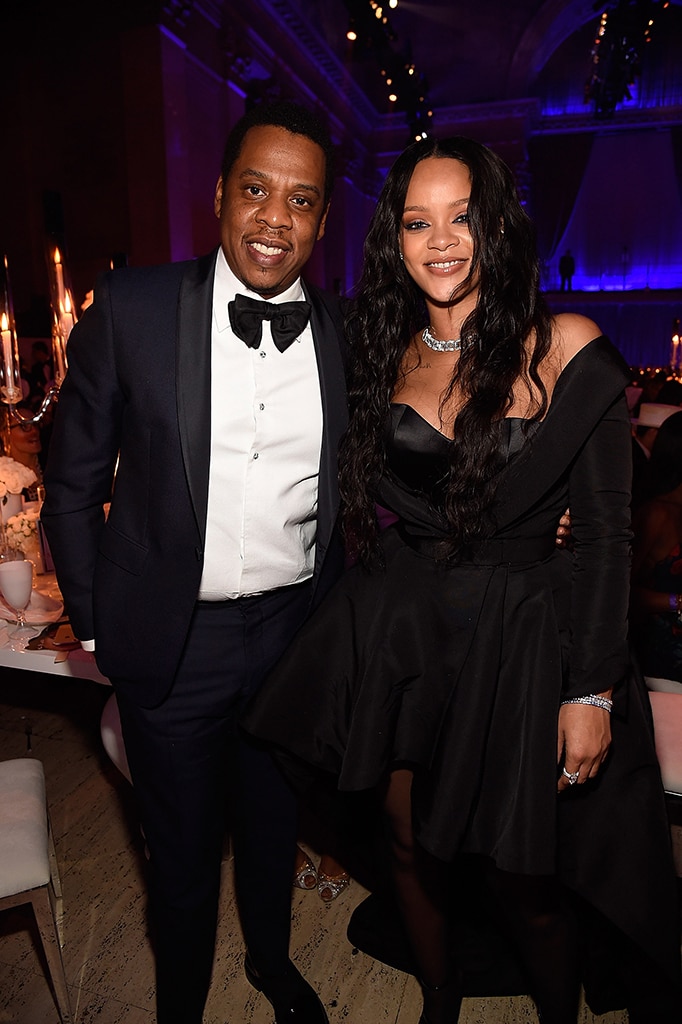
36. Furthermore, Roc Nation entered into an agreement to provide the entertainment for Super Bowl halftime shows and to support their Inspire Change program.
37. Prominent billionaire Warren Buffett has publicly supported him since 2010, telling Forbes, “Jay is teaching in a much larger setting than I ever will. He’s a great role model for young people.”
38. Achieving billionaire status hasn’t altered his fundamental values. In a 2017 interview with journalist Dean Baquet in the New York Times, he stated, “I don’t think like that – wanting to vote Republican just to accumulate more wealth. That’s not my goal. It’s not about who has more money or possessions. You’ve earned your success, so enjoy it…but remember what truly matters. Being rich would be quite empty without people around.”
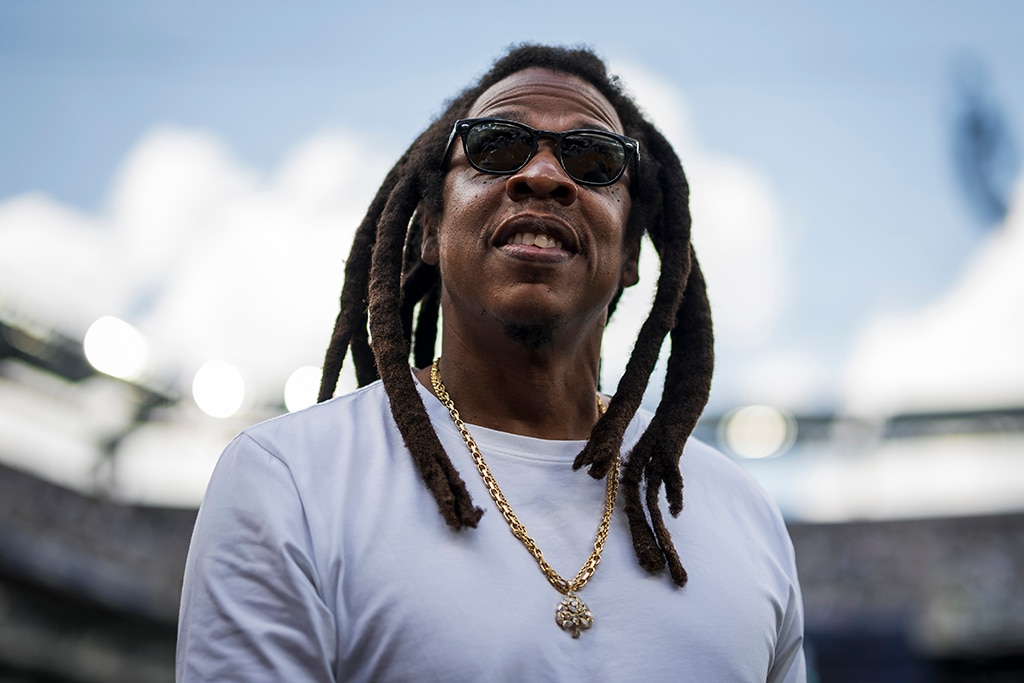
39. He shared with Letterman that he’s drawn inspiration from “so many great people,” including Biggie Smalls, of course, Tupac [Shakur] of course…Rakim, Big Daddy Kane, Slick Rick.
40. However, he doesn’t publicly criticize those he deems inadequate. When Letterman asked if successful artists can also be untalented, he replied, “Of course. All the time-it’s like everything else.” When pressed for details, he cleverly countered with, “How ’bout this? Who’s on TV in late night, right now, that’s not even remotely funny?”
41. He told Oprah that very few people were aware of his 2008 wedding, a small, New York-based ceremony with around 30 guests. “The sad part is that we offended some. But people who love you understand. Because at the end of the day, it’s your day.”

42. He was particularly perceptive and understood his mother was gay at a young age, “Let’s call it teenage years,” he told the New York Times. “We never discussed it. It-it simply was. It was an open secret.”
43. He was deeply moved when his mother finally shared her truth with him. “Imagine living your life pretending to be someone you’re not, thinking you’re protecting your children,” he explained to Letterman.
“The thought of my mother having to hide her true self and protect us…for all those years, and then to have her sit down with me and say, ‘I think I love someone,’ brought me to tears…I was overjoyed that she was finally able to be herself…I had always known, but this was the first time we actually talked about it, the first time I heard her express love for her partner. She cautiously said, ‘I feel like I love somebody.’ She still hesitated to say ‘I’m in love’…And that’s when I just started crying.”
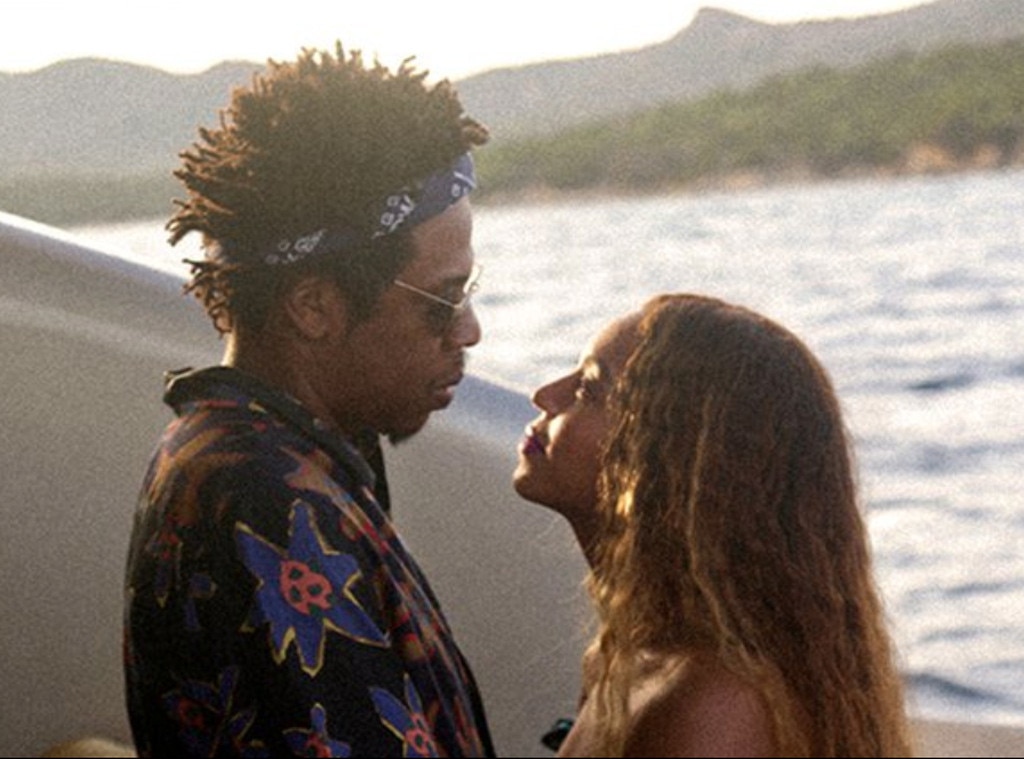
44. In an interview with the Times, he explained that their relationship has significantly gotten better: “We’ve always been good friends, but now we’re really great friends. You know? And we just talk like friends.”
45. He acknowledges Beyoncé’s role in saving their marriage following his infidelity, which was explored in detail on his album 4:44. He shared with Letterman, “I have a wonderful wife who is understanding and recognized that I’m capable of mistakes. We actively worked on things through therapy. We love each other and we committed to the effort.” He continued, “This music I’m creating now is a direct result of past experiences. Like you, I believe we’re in a much better place now, but we’re still working on our relationship, still communicating, and still growing. I’m proud of the husband and father I’ve become because of all the work I’ve put in.”

46. His takeaway from his time in therapy: “I grew so much from the experience,” he shared in the New York Times. “But I think the most important thing I got is that everything is connected. Every emotion is connected and it comes from somewhere. And just being aware of it. Being aware of it in everyday life puts you at such a…you’re at such an advantage.
47. The most vital lesson he feels he need to impart on kids Blue, Sir and Rumi, is to “have compassion for others,” he told Baquet, “and to identify with everyone’s struggle and to know these people made these sacrifices for us to be where we are and to push that forward—for us. I believe that’s the most important thing to show them, because they don’t have to know things that I knew growing up. Like being tough.”

48. He considers longtime friend and collaborator Kanye West to be like family. “He’s my brother. I love Kanye. I do,” he told Baquet. “It’s a complicated relationship, though.”
With West now involved in the business through his label, he explained, “I’ve always seen myself as his big brother. We’re both performers, so there’s always been a bit of friendly competition, like you’d expect between siblings. We both appreciate and respect each other’s work, too. It’s just that everyone wants to be the best, you know? And there are other things that come into play. But we’re always going to be alright.”
49. Regarding their short disagreement in 2016, he hopes it’s mostly a thing of the past. “Hopefully when we’re 89, we’ll look back on those few months and have a good laugh about it. You know what I’m saying?”

50. He’s really at the beginning of his career.
Describing rap as “the gift of discovery,” and noting how fans quickly embrace new artists, he explained in the Times, “That intensely popular scene-people assume it’s massive, but it’s actually quite limited. It’s almost fleeting. Would you prefer to be a temporary trend, or something like Ralph Lauren? Do you want to be popular now, or be remembered forever? I’m the type of person who looks at the Mona Lisa and knows it will still be appreciated 40 years from now. I’m playing for the long haul. And that’s why I focus on authenticity-on what’s real-rather than trying to be the youngest, most popular, or newest sensation.”
Read More
- Where Winds Meet: How To Defeat Shadow Puppeteer (Boss Guide)
- Survivor’s Colby Donaldson Admits He Almost Backed Out of Season 50
- Best Controller Settings for ARC Raiders
- Gold Rate Forecast
- Resident Evil Requiem cast: Full list of voice actors
- Best Thanos Comics (September 2025)
- How to Build a Waterfall in Enshrouded
- The 10 Best Episodes Of Star Trek: Enterprise
- Best Shazam Comics (Updated: September 2025)
- Harnessing Superconductivity for Quantum Computing
2025-09-30 16:20